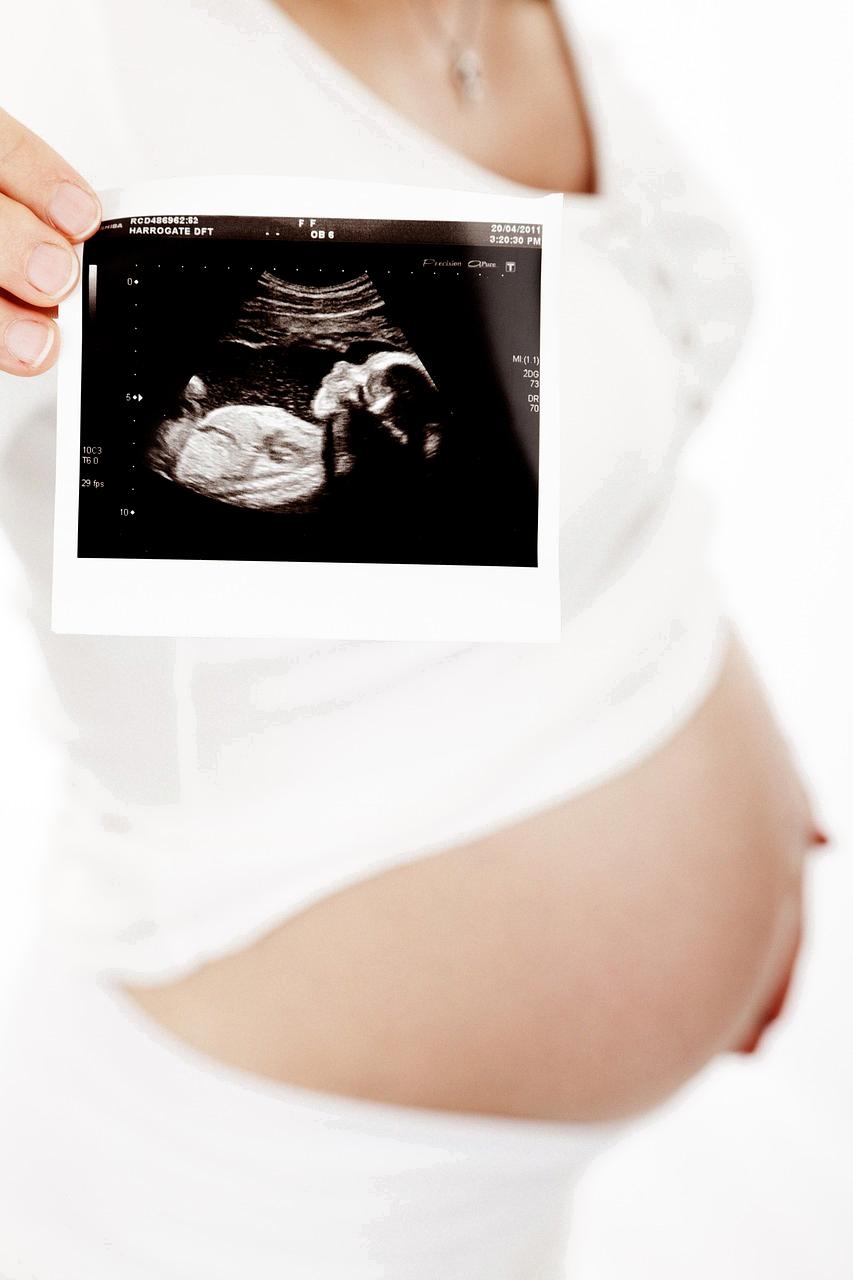When it comes to discussing what fallopian tube pregnancy pain feels like, it is essential to recognize the delicate nature of the female reproductive system. Fallopian tube pregnancy, also known as ectopic pregnancy, occurs when the fertilized egg implants itself outside of the uterus, typically in the fallopian tube. This condition can cause severe discomfort and potentially dangerous complications if not addressed promptly.
Location of Pain
One of the primary indicators of fallopian tube pregnancy pain is its location. Women may experience a sharp or dull ache in the lower abdomen or pelvic region. The pain can be localized on one side or spread across the entire abdomen, depending on the specific circumstances of the ectopic pregnancy.
Intensity of Discomfort
The intensity of the pain associated with a fallopian tube pregnancy can vary greatly. Some women describe the discomfort as mild and tolerable, comparable to menstrual cramps, while others report severe and stabbing pain that hinders their daily activities. It is crucial to pay attention to any unusual or persistent pain in the pelvic area.
Shoulder or Neck Discomfort
In some cases of ectopic pregnancy, the pain can radiate to unexpected areas such as the shoulder or neck. This phenomenon occurs when blood from a ruptured ectopic pregnancy irritates specific nerves, resulting in referred pain. Women experiencing shoulder or neck discomfort alongside pelvic pain should seek immediate medical attention.
Vaginal Bleeding
In addition to pain, vaginal bleeding is another common symptom of fallopian tube pregnancy. The bleeding may range from light spotting to heavy flow and is often accompanied by abdominal cramping. Any unexplained vaginal bleeding during early pregnancy should be promptly evaluated by a healthcare provider.
Timing of Pain
The onset of fallopian tube pregnancy pain can vary depending on the progression of the ectopic pregnancy. Some women experience discomfort shortly after conception, while others may not notice any symptoms until several weeks into the pregnancy. It is crucial to listen to your body and seek medical advice if you suspect an ectopic pregnancy.
Impact on Daily Activities
While mild discomfort may not significantly interfere with daily activities, severe fallopian tube pregnancy pain can be debilitating. Women may find it challenging to walk, stand, or even sit comfortably due to the intensity of the pain. It is essential to prioritize self-care and seek prompt medical attention.
Emotional Response
Coping with the physical discomfort of fallopian tube pregnancy pain can also take an emotional toll on women. The uncertainty and potential risks associated with ectopic pregnancy may cause feelings of anxiety, fear, and sadness. It is essential to acknowledge and address the emotional aspect of dealing with a challenging medical condition.
Severity of Symptoms
It is crucial to recognize the severity of symptoms associated with fallopian tube pregnancy. While some women may experience mild pain and spotting, others may encounter severe abdominal pain, dizziness, fainting, or shoulder pain. Any of these symptoms warrant immediate medical attention to prevent serious complications.
Seeking Medical Help
If you suspect you may be experiencing fallopian tube pregnancy pain or ectopic pregnancy, it is essential to seek medical help promptly. Healthcare providers can perform a physical exam, ultrasound, and blood tests to diagnose the condition accurately. Treatment options may include medication or surgery, depending on the severity of the ectopic pregnancy.
Conclusion
In conclusion, fallopian tube pregnancy pain can manifest in various ways, from mild pelvic discomfort to severe abdominal pain and referred shoulder or neck pain. Recognizing the symptoms, seeking timely medical attention, and addressing both the physical and emotional aspects of ectopic pregnancy are crucial steps in managing this challenging condition. Remember to prioritize your health and well-being by advocating for yourself and seeking the care you need.

